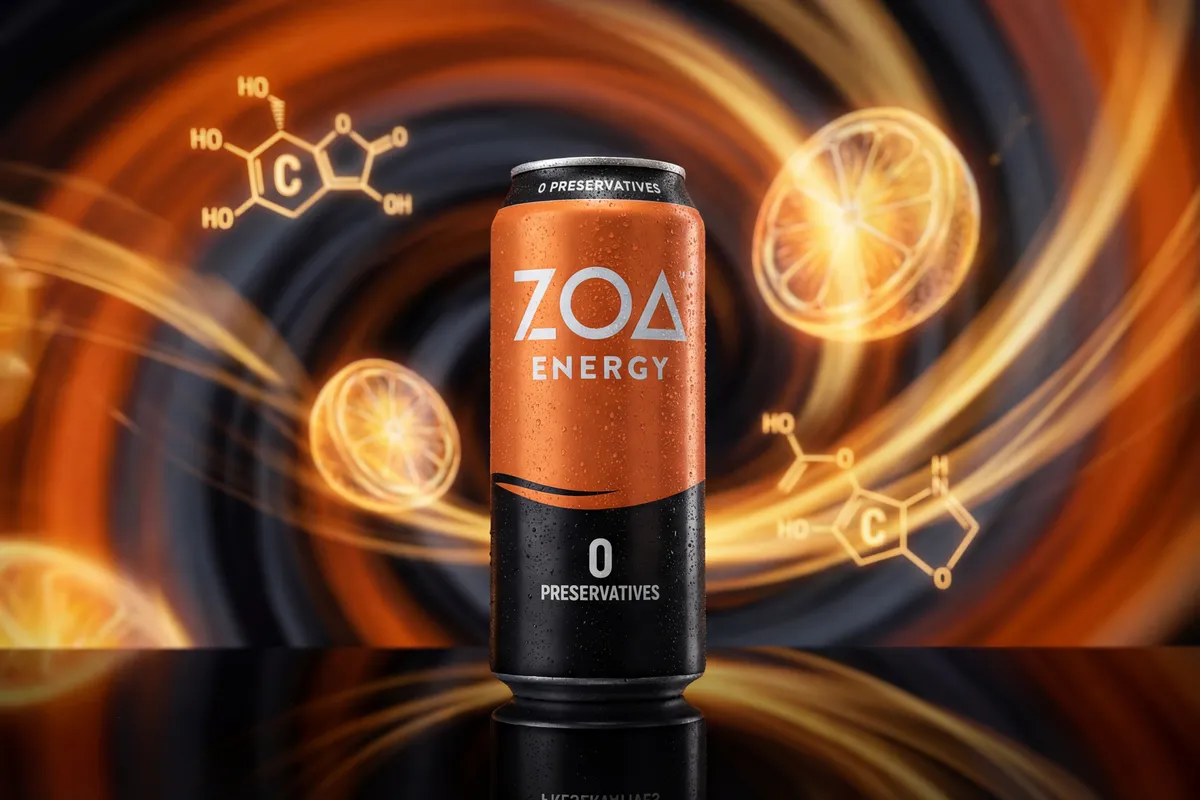OpenAI, Maker of ChatGPT, Faces Class Action Over Privacy Violations

In a recent development, a class action lawsuit has been filed against OpenAI (the makers of ChatGPT) and Microsoft. The lawsuit alleges that the defendants have engaged in unlawful and harmful conduct in developing, marketing, and operating their AI products, including ChatGPT-3.5, ChatGPT-4.0, Dall-E, and Vall-E. The plaintiffs claim that the defendants have used stolen personal information, including personally identifiable information, from internet users without their consent or knowledge.
The Alleged Legal Violations: A Close Look
The plaintiffs allege that the defendants violated several laws, including the Electronic Communications Privacy Act (ECPA), Computer Fraud and Abuse Act (CFAA), and California Invasion of Privacy Act (CIPA). According to the ECPA, it is illegal to intentionally intercept, disclose, or use electronic communications without consent. The plaintiffs claim that the defendants intercepted and accessed their communications on ChatGPT and other platforms without authorization. The CFAA prohibits unauthorized access to protected computers and networks, and the CIPA forbids the intentional recording of confidential communications without consent.
The lawsuit also alleges violations of the California Consumer Privacy Act (CCPA) and the California Online Privacy Protection Act (CalOPPA). These laws require businesses to disclose their data collection practices and provide consumers with the opportunity to opt out of data sharing. The plaintiffs argue that the defendants failed to comply with these requirements, leading to the unauthorized collection and use of personal information.
What Led to the Lawsuit?
The lawsuit's origins can be traced back to OpenAI's shift from a nonprofit to a for-profit entity in 2019. The plaintiffs argue that this change led to a focus on profit at the expense of privacy, security, and ethics. They claim that OpenAI scraped 300 billion words from the internet, including personal information, without consent or notice. This data was allegedly used to train the large language models underlying the defendants' AI products, including ChatGPT.
The plaintiffs also argue that the defendants' data collection practices and lack of transparency have drawn criticism from experts and regulators. They claim that the defendants' AI products have engaged in the mass misappropriation of personal data without consent. Furthermore, the plaintiffs allege that the defendants' integration with Microsoft has led to the widespread use of ChatGPT in various Microsoft products and services.
Who Are the Class Members?
The plaintiffs in this case are individuals who have used OpenAI's AI-based products for personal and professional purposes. The lawsuit also includes subclasses based on geographic location, including California, New York, and Illinois subclasses.
The class members also include non-users whose data was allegedly scraped from the internet without their consent. This group consists of individuals who have not registered for OpenAI's services but whose personal information was allegedly collected and used by the defendants.
How Much Are the Plaintiffs Seeking?
The plaintiffs are seeking monetary and non-monetary relief, including damages, equitable relief, and attorneys' fees. They argue that the defendants' actions have caused them significant harm and that they deserve compensation. However, the exact dollar amount that the plaintiffs are seeking has not been specified in the 157-page lawsuit.
The plaintiffs also seek injunctive relief, asking the court to order the defendants to stop their alleged privacy violations and implement proper safeguards and regulations for their AI products. They argue that this is necessary to prevent further harm to the class members and the general public.
As the lawsuit progresses, the potential damages could increase, especially if more individuals join the class action. The final amount will likely depend on the court's findings regarding the defendants' alleged violations and the extent of the harm caused to the plaintiffs.
What's Next in the Case?
As the case moves forward, the court will need to determine whether the defendants violated the laws as alleged by the plaintiffs. If the court finds in favor of the plaintiffs, it could order the defendants to pay damages and take corrective actions. This could include changes to their data collection practices and increased transparency about their use of personal information.
Regardless of the outcome, this case highlights the ongoing debate about privacy and data security in the age of AI. It underscores the need for clear regulations and robust safeguards to protect personal information in the digital era.

.webp)
.webp)
.webp)

.webp)
.webp)
.webp)
.webp)
.png)






.webp)





.svg)